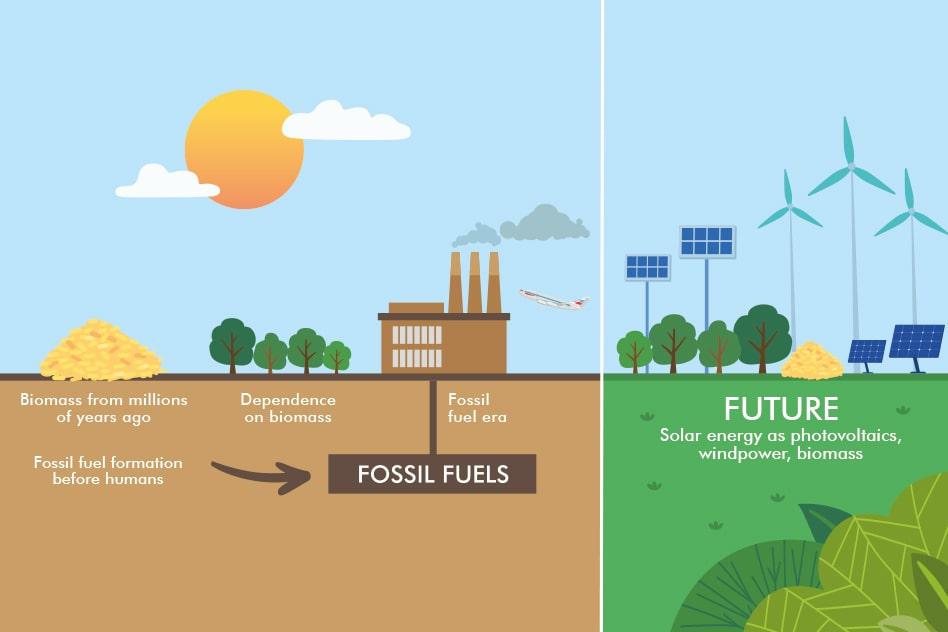
This is an article about Platte River Power Authority (PRPA), a wholesale electricity supplier to four cities in Colorado. The article discusses PRPA’s Resource Diversification Policy, which aims to achieve a 100% carbon-free energy mix while maintaining reliability, environmental responsibility, and financial sustainability.This is an article about Platte River Power Authority (PRPA), a wholesale electricity supplier to four cities in Colorado. The article discusses PRPA’s Resource Diversification Policy, which aims to achieve a 100% carbon-free energy mix while maintaining reliability, environmental responsibility, and financial sustainability. One key aspect of the policy is PRPA’s participation in an organized energy market, which allows utilities to buy and sell electricity in a multi-state regional market. This participation provides several benefits, including broader access to renewable energy, reduced costs, and more efficient transmission planning. To meet the requirements for market participation, PRPA has demonstrated resource adequacy, ensuring that it has sufficient capacity to meet customers’ electricity demand. The organization has also invested in software, hardware, and staffing to manage day-to-day operations. PRPA has joined Southwest Power Pool’s (SPP) Western Energy Imbalance Service market and plans to join SPP’s Regional Transmission Organization West in spring 2026. This participation is seen as a milestone in PRPA’s efforts to advance its energy goals and expand renewable energy in the region. The article concludes by encouraging readers to visit PRPA’s website to learn more about their commitment to a clean energy future.
SPONSORED CONTENT

Platte River Power Authority is the wholesale electricity supplier to Estes Park, Fort Collins, Longmont and Loveland. Their diverse energy portfolio includes hydro, coal, natural gas, wind and solar. In 2018, Platte River’s Board of Directors – the mayors and utility directors or council members of each owner community – adopted a Resource Diversification Policy that directs leadership to pursue a 100% carbon-free energy mix while protecting the organization’s foundational pillars: reliability, environmental responsibility and financial sustainability.
The Resource Diversification Policy noted several advancements needed for Platte River to achieve its goal. One of these is to actively participate in an organized energy market, where Platte River buys and sells electricity in a multi-state regional market.
“Joining an energy market is essential to controlling our costs and integrating more renewable energy into our system,” said Jason Frisbie, CEO and general manager of Platte River. “It will take hard work across the organization to receive the full benefits of membership and become an engaged and skilled participant.”
There are several requirements for market participation. Tax-serving entities like Platte River must be resource-adequate, that is, demonstrate that their resources can meet their customers’ electricity demand (plus a reserve margin) in all weather conditions, all day, every day. For example, a utility with a peak demand of 100 megawatts (with a 15% reserve margin) must have 115 megawatts of capacity available to participate in the energy market.
Other requirements include financial liquidity and the software, hardware and staffing to manage day-to-day operations. Participants who meet all the requirements will gain several benefits, most notably broader access to renewable energy. Energy markets allow utilities to pool their resources so they can maximize wind and solar power production across a broad area.
“Reporting shows us that regional markets have sometimes seen up to 90% renewables covering their system load,” said Melie Vincent, COO of generation, transmission and markets for Platte River. “This concentration of renewables is not possible without a market, which is why membership is such a critical step for Platte River to achieve our goals.”
Participating in an organized market can also reduce costs. Markets operate on a least-cost basis, meaning that resources with the lowest production and delivery costs are deployed first. Markets also manage regional transmission planning and facilities to deliver resources more efficiently over a large geographic area.

Platte River joined Southwest Power Pool’s (SPP) Western Energy Imbalance Service market in 2023 and is preparing to join SPP’s Regional Transmission Organization West in spring 2026.
“I appreciate the years of planning and negotiation that led to this milestone,” said Tyler Marr, deputy city manager for the city of Fort Collins and a Platte River board member. “Joining a market not only advances our shared energy goals; it also helps expand renewable energy in the region, which benefits communities outside our service area.”
To learn more about Platte River’s commitment to a clean energy future, visit prpa.org/future.